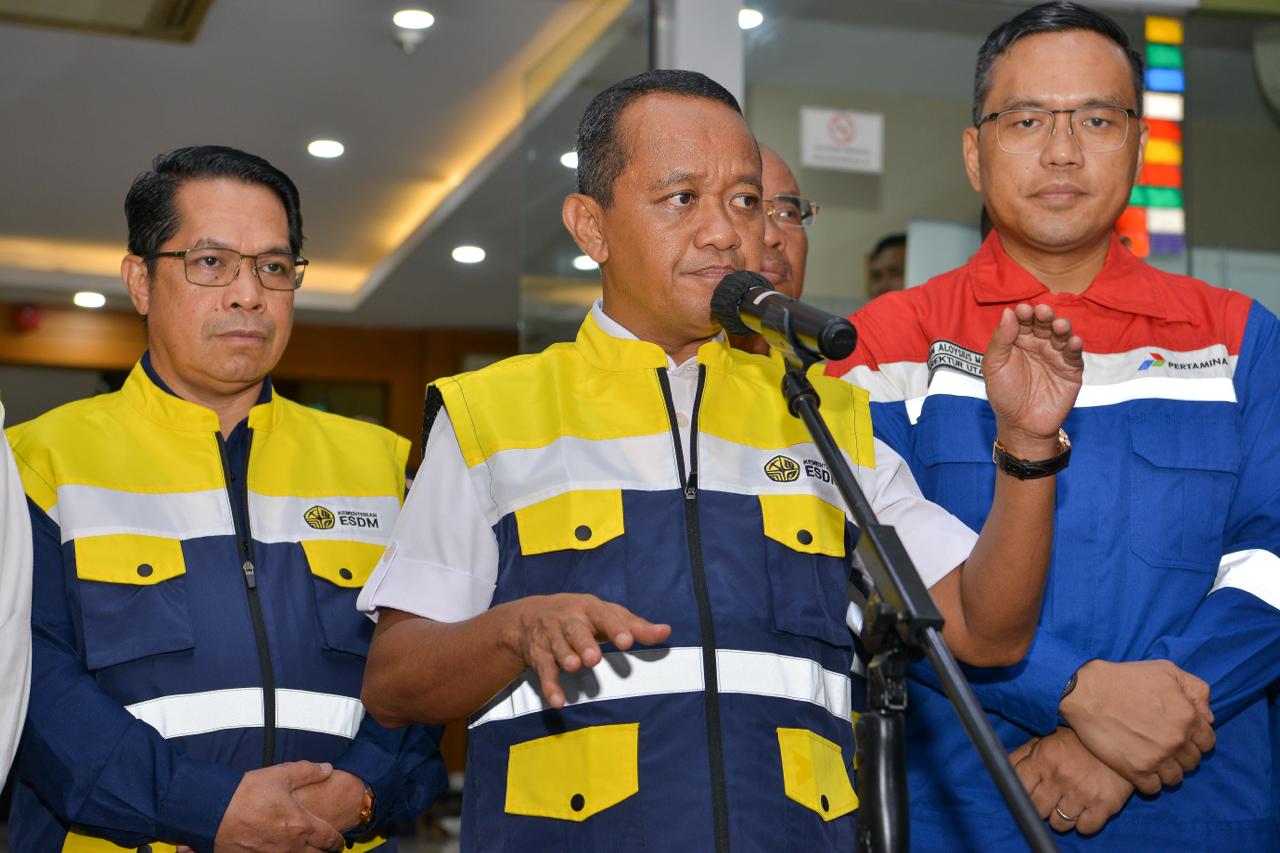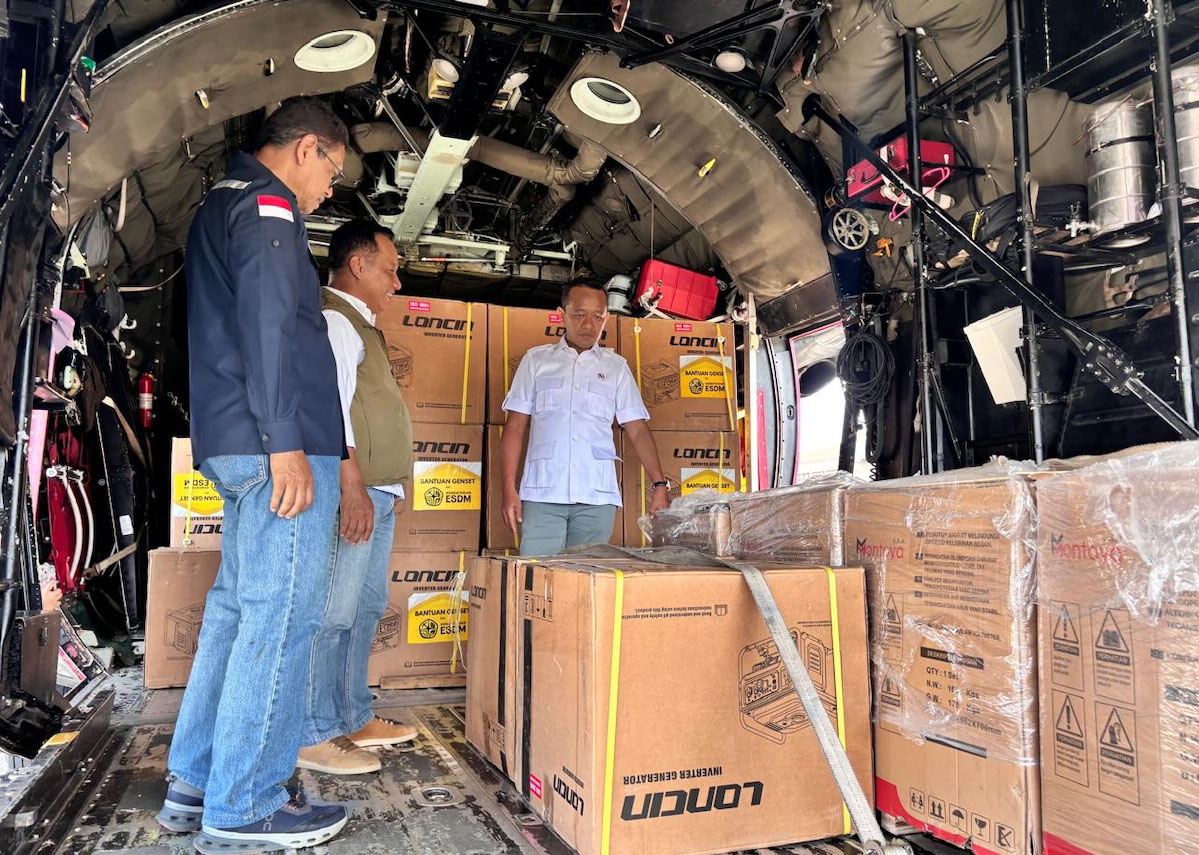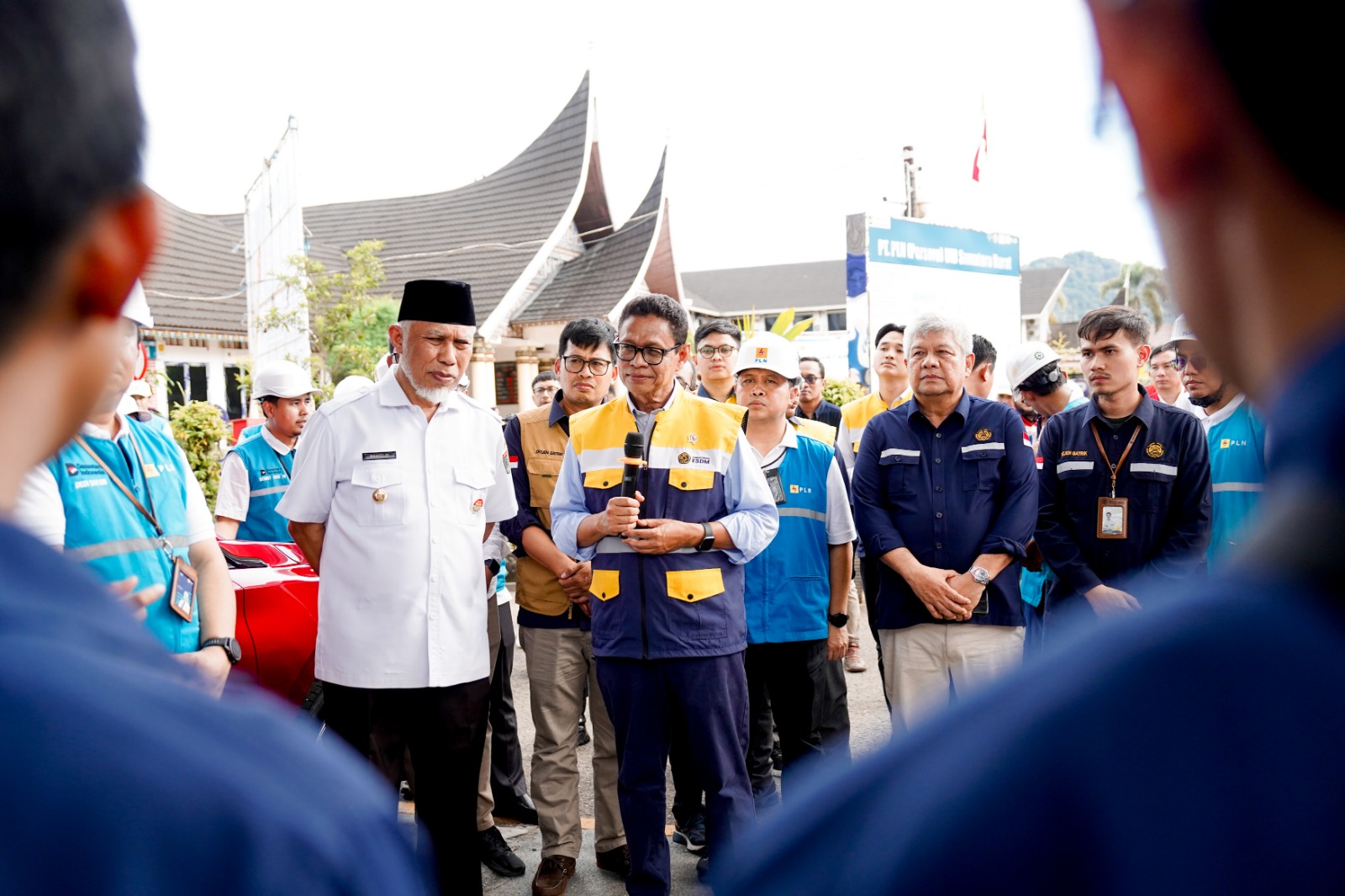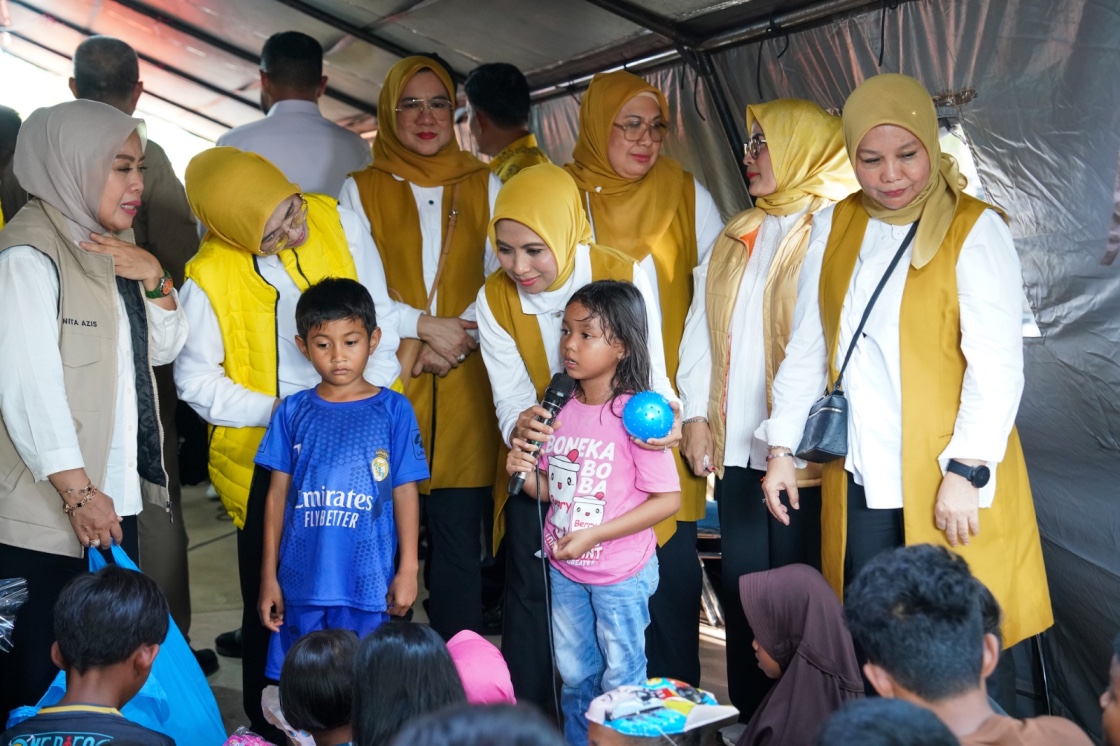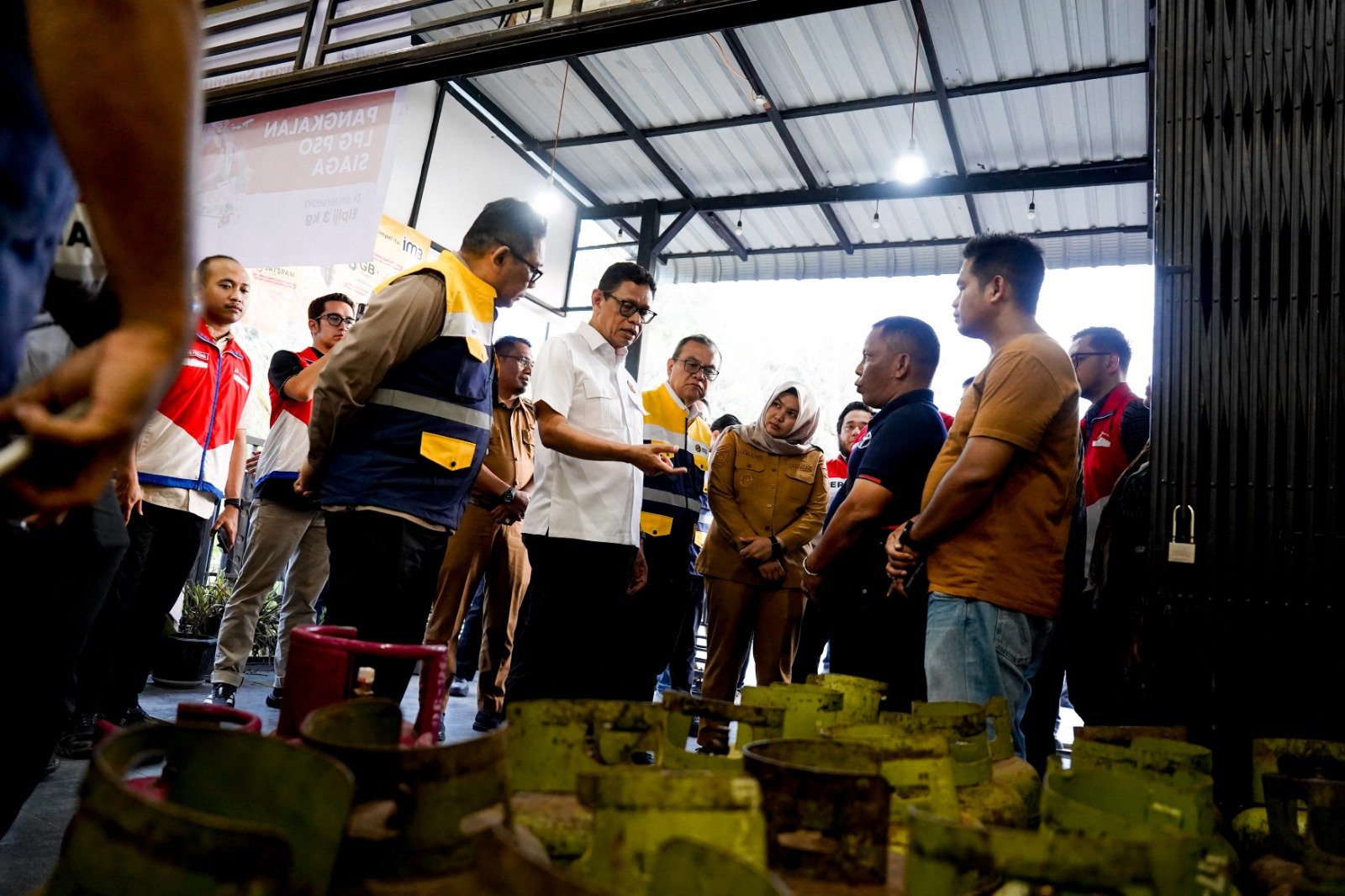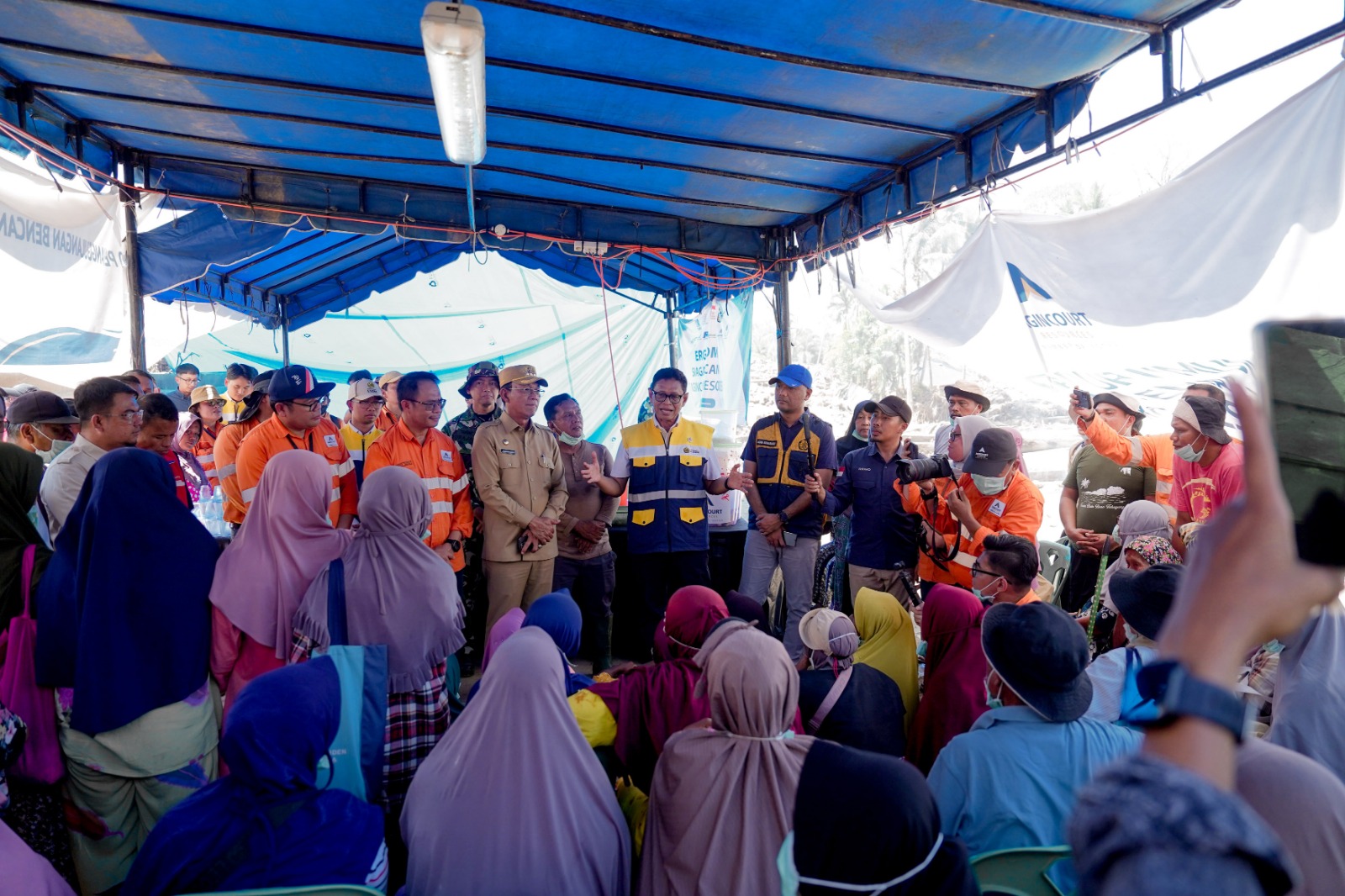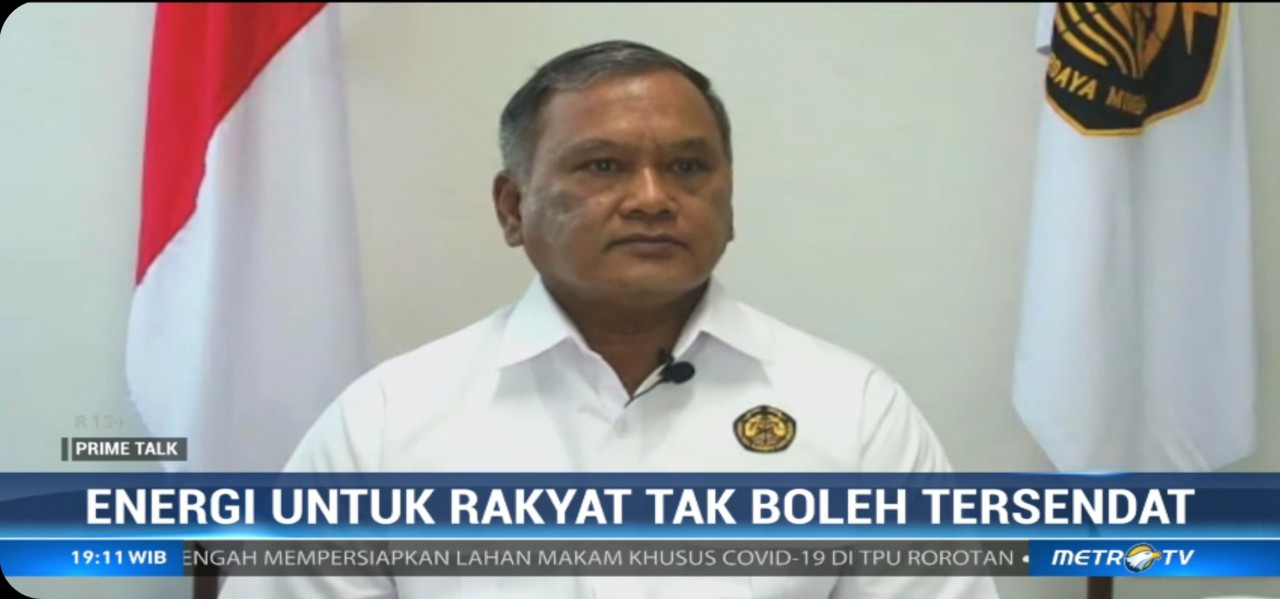
Energy Distribution during the Pandemic is Optimum
MINISTRY OF ENERGY AND MINERAL RESOURCES
REPUBLIC OF INDONESIA
PRESS RELEASE
NUMBER: 278.Pers/04/SJI/2020
Date: 29 September 2020
Energy Distribution during the Pandemic is Optimum
Secretary General of Ministry of Energy and Mineral Resources (EMR), Ego Syahrial, ensured that limited physical activity in the middle of the Covid-19 pandemic did not affect the provision and service of Oil Fuels and Liquefied Petroleum Gas (LPG) to the public. Energy distribution has been organized optimally to ensure people's economy runs well.
"The government has asked Pertamina to keep supplying Oil Fuels to the public and secure Oil Fuels in order to support the economy. We've also asked them to operate several gas stations 24/7. Additionally, we've asked them to protect LPG supply for households," said Mr. Syahrial in PrimeTalk, a program aired by Metro TV on Monday (28/9).
As a vital commodity regulated by the law, continued Mr. Syahrial, it is the government's obligation to ensure availability and smooth distribution of Oil Fuels and LPG throughout the Republic of Indonesia.
This distribution, continued Mr. Syahrial, has been carried out by operating gas stations under strict health protocols. "Including installing a sink and (spraying) disinfectant in gas station area," said Mr. Syahrial.
Mr. Syahrial admitted that consumption of oil fuels and LPG had decreased in the first semester of 2020. "Our fuel consumption in the first semester of 2020 decreased by 13% compared to that in the same period last year. When the Large-Scale Social Restriction (PSBB) was implemented, demand had decreased further to 50% in several big cities, Jakarta for example," he explained.
Under normal condition, Ministry of EMR has noted a growing trend in oil fuels consumption by an average of 2.7 percent annually, while LPG consumption has increased by an average of 5 percent annually.
"This is a tough year for all countries in the world. The impacts of the pandemic on the energy sector are very significant, for both investment and those directly in contact with the community," said Mr. Syahrial.
For oil fuels, consumption in 2015 was 67.51 million kilo liters. Consumption continued to rise in 2016 (68.15 million kl), 2017 (70.98 million kl), 2018 (74.08 million kl) and 2019 (75.12 million kl). The same has occurred to LPG. LPG consumption by the public tends to increase, starting in 2015 (6.38 million metric tons), 2016 (6.64 million metric ton), 2017 (7.19 million metric ton), 2018 (7.56 million metric ton), and 2019 (7.7 million metric ton).
On the same occasion, Pertamina's CEO of Commercial & Trading Sub-holding, Mas'ud Khamid, stated that during the pandemic, there were three main issues affecting Pertamina's performance.
The first is the sudden drop in demand. Second, fluctuation of rupiah exchange rate against foreign currencies, and the third is the fall in the price of crudes as the raw material for fuel oils. "We popularize (this condition) as a triple shock," said Mr. Khamid.
One Price Fuels Continue
In the middle of the pandemic, supply of Oil Fuels is guaranteed in order to continue the One Price Fuels program across Indonesia. "The government has high hopes on Pertamina and private business entities so that the One Price Fuels program continues to run optimally and does not put a burden on Pertamina," said Mr. Syahrial.
Mr. Syahrial considered that the program, which was initiated by President Joko Widodo in October 2016, is very helpful to ease the economic burden of local communities. This will simultaneously reduce disparity in the selling price of fuels between big cities and remote areas. "The point is that people living in remote areas can buy fuel at the same price with those living in big cities," he explained.
Until 2019, a total of 170 gas stations selling One Price Fuels had been built by both Pertamina and private business entities. Ministry of EMR has projected that by 2024, there will be another 330 gas stations, consisting of 83 stations in 2020, 76 stations in 2021, 72 in 2020, 56 in 2023, and 43 in 2024.
Special for the year 2020, 83 stations will be built by Pertamina in Sumatra (17 stations), Nusa Tenggara (16), Kalimantan (12), Sulawesi (8), Maluku (16), and Papua (14).
"Priority is given to areas with the most urgent needs and has taken into account the readiness of the area because there are still many regions that do not have transportation access," said Mr. Syahrial.
Mr. Syahrial admitted that there are currently more than 1,000 sub-regencies in remote areas with difficult access and expensive fuel. "Difficult access is a serious obstacle for oil fuels distribution. This is why fuel prices in remote areas are more expensive than those in cities," he concluded. (IY)
Head of Bureau of Communication, Public Information Services, and Cooperation
Agung Pribadi (08112213555)
Share This!

